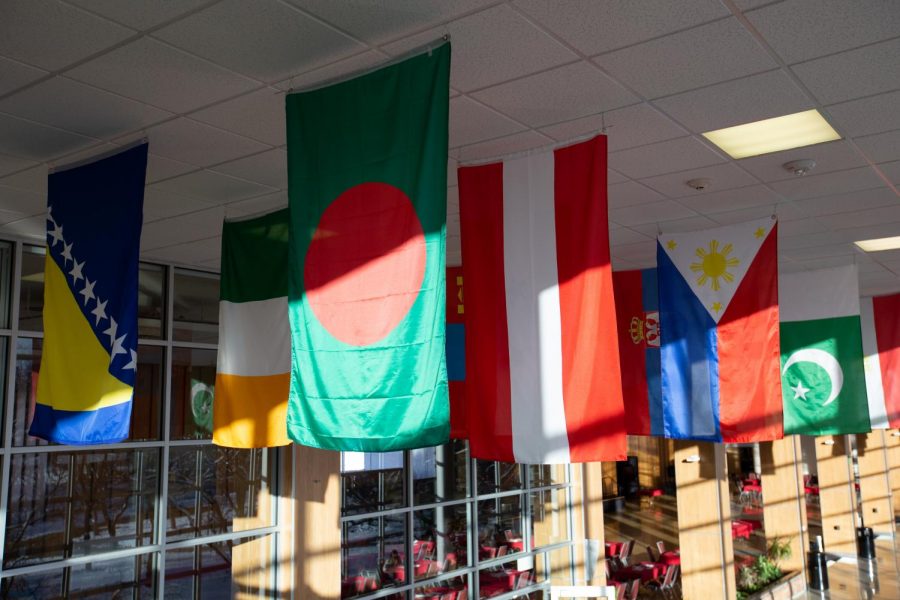UAC Students Prepare to Transition from South Korea to Utah
March 9, 2022
Students of the University of Utah Asia Campus, which is an extension of the U’s Salt Lake City campus, located in Incheon, South Korea, are getting ready to start preparing for the transition to Utah.
The UAC currently offers general education as well as undergraduate majors, minors and certificates in civil and environmental engineering, communication, electrical and computer engineering, film & media arts, psychology and urban ecology.
Graduate degrees and certificates are available in biomedical informatics and public health. All courses are taught in English and all Utah-based students can apply to study at the Asia Campus through the Learning Abroad Office.
According to Kate Keddington, the undergraduate academic advisor of the psychology department, students can complete up to 90 credits at the UAC before transitioning.
“Within that range of time, students are given the option of when to make the move,” Keddington said. “The majority of students come to SLC campus within their last three or four semesters, and students can choose where they would like to complete their degree.”
According to Keddington, this program has always required students to complete two full semesters in Utah.
“However, COVID-19 temporarily did alter this requirement for a short time, and most students were able to complete online courses and graduate while staying in South Korea,” Keddington said.
When they are ready to transition, students meet with Anna Yacovone, the international programs coordinator at the Student Leadership & Involvement Center of the UAC. Yacovone assists students by providing campus resources, travel details and support throughout the student visa application process.
“There is no qualifications or requirements for transition, but students must check with their academic advisor on understanding when is the best time to transition for their program and major,” Yacovone said in an email interview. “For example, some majors require students transitioning in fall, while others have more flexibility — it’s the student’s responsibility to understand when they need to transition.”
According to Yacovone, students should be aware the steps to transition may take more time than they anticipate, so it is recommended to not take a heavy course load the semester before they transition.
“Be aware of the financial commitments required before traveling to SLC and while living in SLC,” Yacovone said. “It’s normal to be nervous or afraid, but it can also serve as a rich point of empathy for students to understand the difficulties our international students face when they move to Korea.”
Students should submit their proof of funds for their F-1 visa. Estimated costs of tuition, fees and living expenses in Salt Lake City are about $48,116, according to Yacovone.
For other immigration costs, students also pay the non-refundable Student and Exchange Visitor Program fee and the F-1 visa fee.
Yacovone said students should embrace an open-minded perspective about going to the campus in Salt Lake City.
“They should remember they self-select to come to the UAC, and if students want to stretch themselves to have a deeper cross-cultural experience and learn about other cultural communities in the U.S., SLC is a great entry point,” Yacovone said.
Keddington said the Salt Lake City campus has a large number of campus events, student organizations, majors, minors, certificates and graduate programs.
“Please reach out to your advisors and other staff here in Utah — they are [here] to help you navigate this big transition and provide tools for your success,” she said.
The UAC has a page on their website dedicated to the transition to the Salt Lake City campus.








